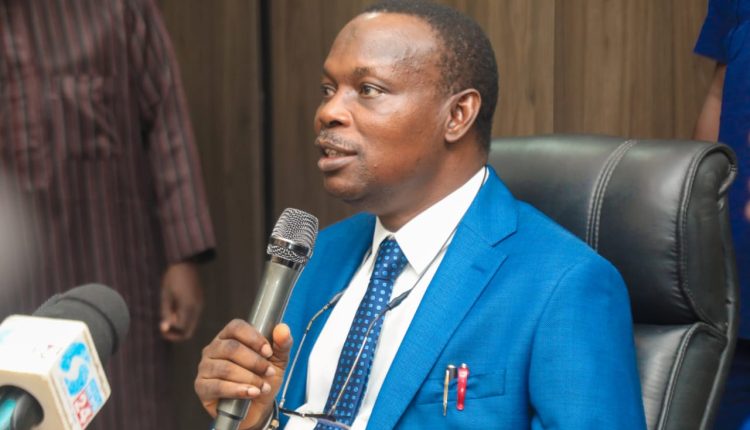Nigeria’s minister of state for environment, Dr Ishiak Salako, has said that Nigeria’s Energy Transition Plan will require a total investment of $1.9 trillion up to the year 2060.
He stated this at the Africa Climate Summit (ACS) held in Kenya.
The minister reiterate President Bola Tinubu’s position that the situation calls for an annual investment of $10 billion.
He further said Nigeria needs an annual investment of $17.7 billion to achieve the unconditional targets outlined in the country’s Nationally Determined Contributions (NDCs).
NDCs represent a nation’s comprehensive strategy for reducing emissions and adapting to climate-related challenges.
Salako said: “In Nigeria, we have articulated our unchanging position to advance climate action without jeopardizing economic development. We designed an ambitious Energy Transition Plan to achieve universal access to energy by 2030 and net-zero emissions by 2060 while prioritizing industrialization, job creation, and economic growth.
“Significantly, our plan helps to crystallise the scale of resources needed to deliver climate targets, so that the current financial flows will not suffice. Nigeria’s Energy Transition Plan requires $1.9 trillion in spending up to 2060, including $410 billion above business-as-usual spending.
“This additional financing requirement translates to about $10 billion per annum but average international financing flows to Nigeria for clean energy have been about $655 million per year over the past decade.”
He further said the FG planned to raise capital through Just Energy Transition Partnerships (JET-Ps) and the government was working to draft a proposal to the G7 for a JET-P for Nigeria.
“We recognise that Just Energy Transition Partnerships (JET-Ps) are emerging as an important source of capital for climate-sensitive energy efforts in developing regions and Nigeria wants to be considered for one.
“My team is currently working on a proposal to the G7 for a JET-P for Nigeria. It is encouraging that South Africa and Senegal have secured JET-Ps, but they must be scaled up across Africa in addition to other strategic financing opportunities,” the minister added.









